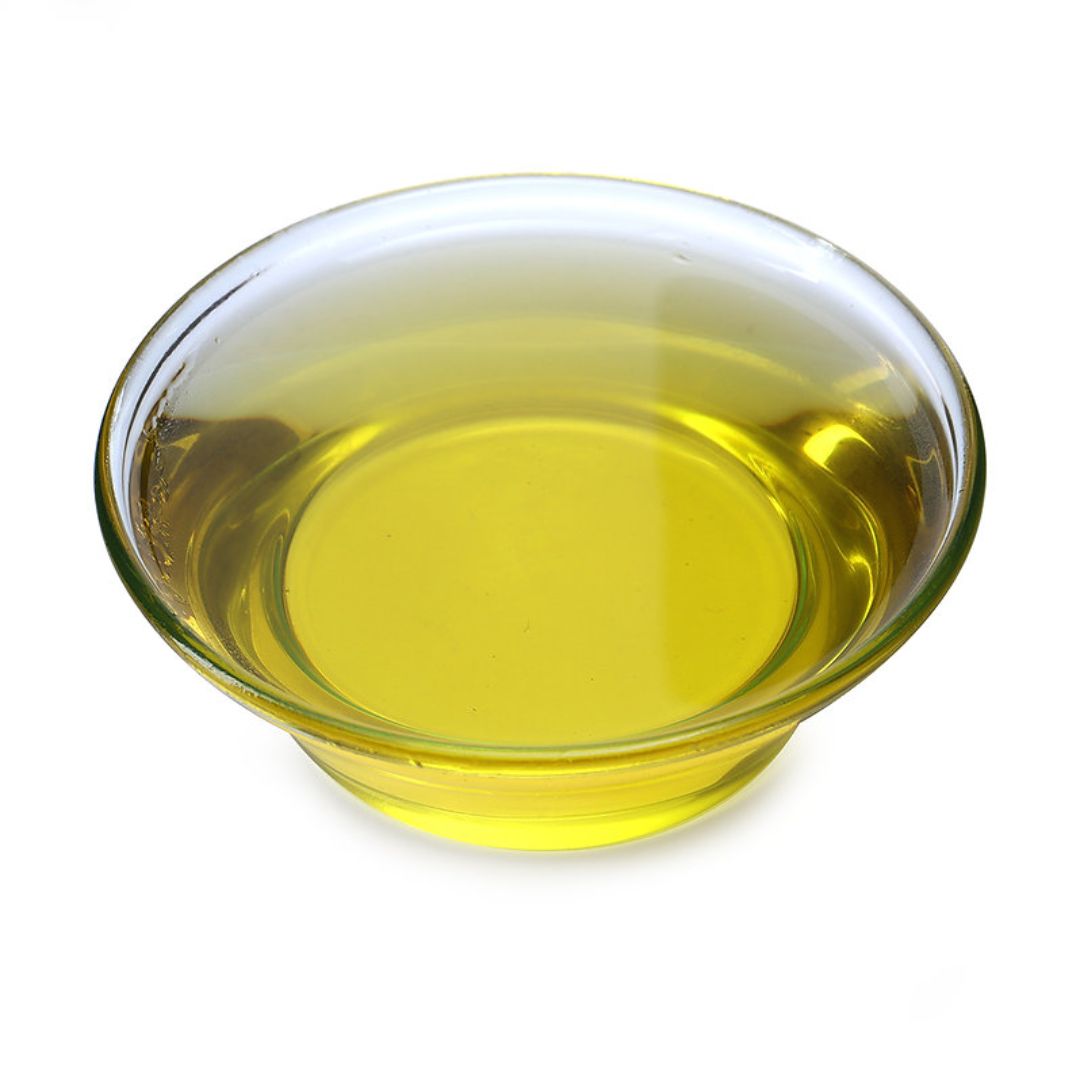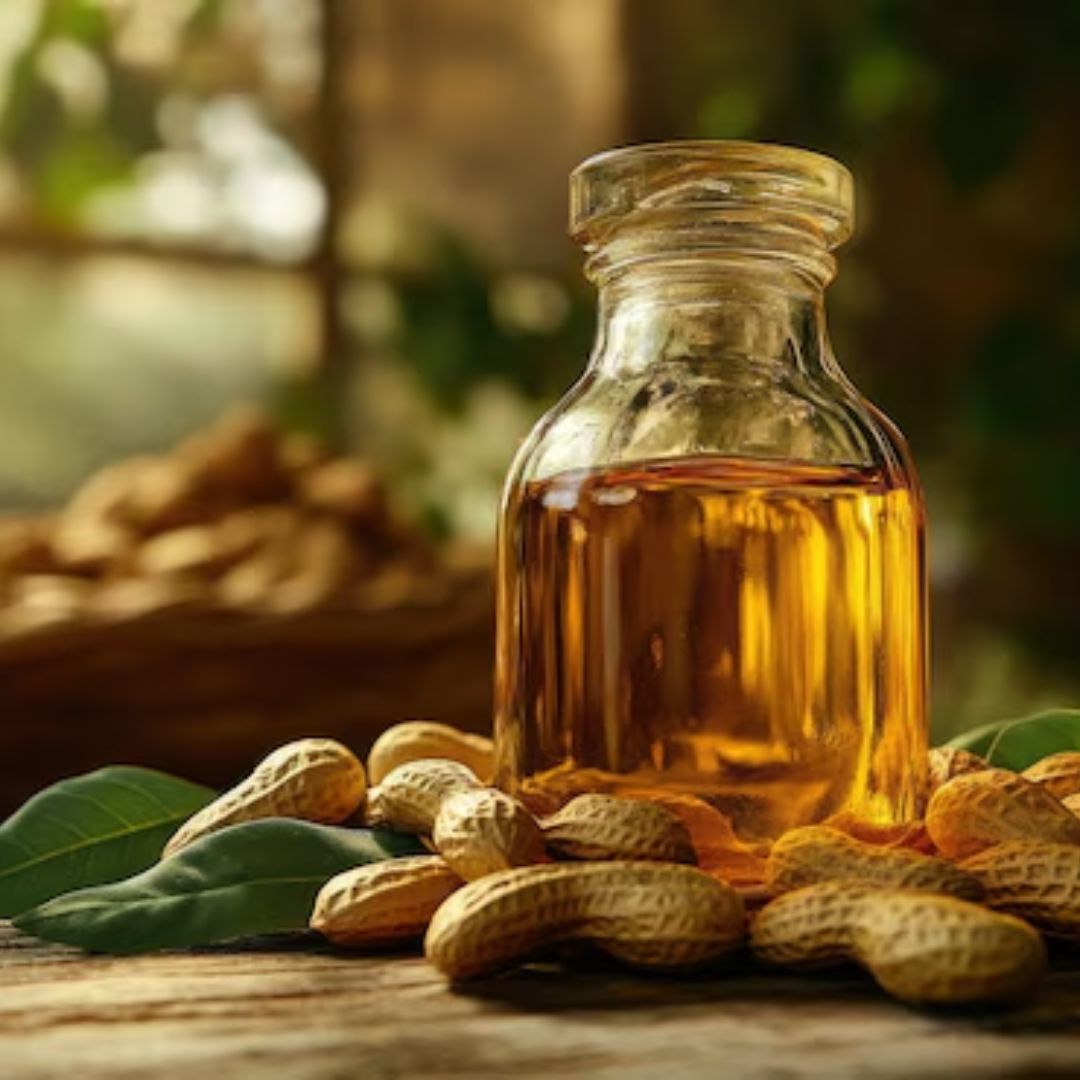Why Unrefined Peanut Oil Is a Favorite in Traditional Cooking

Strong 8k brings an ultra-HD IPTV experience to your living room and your pocket.
For generations, home cooks and culinary experts across different cultures have leaned on simple, natural ingredients to bring life to their dishes. One of those treasured ingredients is unrefined peanut oil. While there are many kinds of cooking oils available today, some light and odorless, others dense and flavorful, unrefined peanut oil continues to hold a special place in kitchens that value taste, authenticity, and the power of tradition. It’s not just an oil, it’s a bridge between generations, flavors, and memories.
Unrefined means the peanut oil hasn't undergone heavy processing. It is usually cold-pressed or lightly filtered and retains much of its flavor, aroma, and nutrients. While refined oils typically go through a process of bleaching and deodorization, unrefined ones stay close to nature. This is significant for people who are preserving their own or their families' or cultures' cooking traditions. In many conventional recipes, this oil will not simply be a medium for cooking, it is a part of the dish's soul. Here is why unrefined peanut oil is a favorite in traditional cooking.
Link to Culture and Heritage
Cooking is often more than just an everyday task, it’s an expression of identity and love. In cultures where food plays a central role in celebration and community, ingredients like unrefined peanut oil become symbols of tradition. In rural villages, grandmothers use it just the way their own mothers did. In cities, families gather to prepare festival meals that taste exactly as they remember from childhood.
For many people, using this oil isn’t about following a recipe exactly, it’s about staying close to family and culture. Even young cooks today, experimenting with old recipes, often find that the flavor they seek when they go back to the traditional oil their elders used.
Natural Nutrition
Taste may be a major part of the story, but what is another factor contributing to the significance of unrefined peanut oil in traditional kitchens is that, unlike refined ones, they have not undergone heavy processing. They are made with unrefined compounds and contain helpful nutrients, like vitamin E and good fats. The nutrients are being delivered to the body in vital ways, especially when used as part of a balanced diet.
There is warmth to the use of this oil as well. Many cultures prepare heavier foods when it is cold to comfort and energize the body. Unrefined peanut oil has an earthy and rich flavor and thickness that adds substance to stews, slow-cooked vegetables, etc.
Highly Versatile
A primary reason this oil is loved in traditional kitchens is due to its versatility. It can be utilized for frying, sautéing, baking, or simply using as a dressing with bold spices or vinegars. In many traditional dishes, the oil is not just used at the start of cooking, but rather in stages, from preparing the base to finishing the dish with a final drizzle.
It also integrates beautifully with other flavors. Unrefined peanut oil mixed with ginger, garlic, chilies, herbs, etc. will carry those flavors very well, once again, it's part of the seasoning and not just the means of cooking the dish.
Conclusion
Unrefined peanut oil may not seem like the best thing out there, but for those who appreciate flavor, history, and culture, it is irreplaceable. The richness will bring your food to life. If you haven't cooked with unrefined peanut oil, now might be a good time for your taste buds to savor what tradition has always known.
Note: IndiBlogHub features both user-submitted and editorial content. We do not verify third-party contributions. Read our Disclaimer and Privacy Policyfor details.



